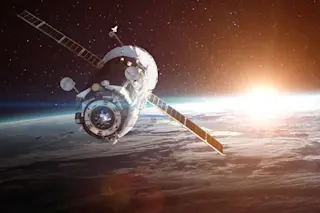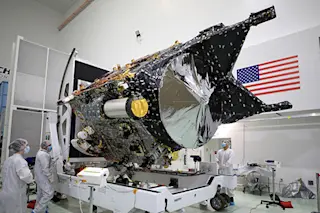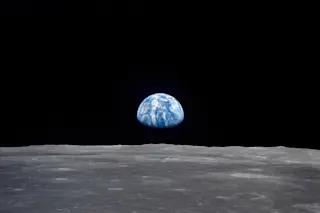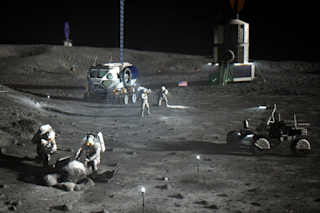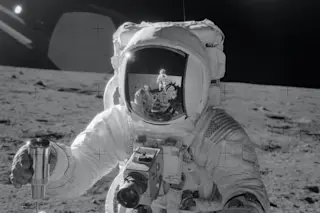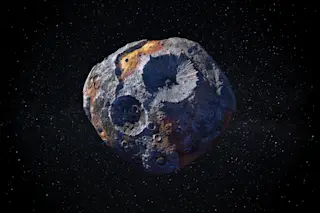The private space company Space Exploration Technologies, or SpaceX, successfully launched a rocket into orbit on Sunday, marking a major milestone in the growth of privately funded space ventures. The achievement followed three failed launches of the Falcon 1 rocket over the past two years.
"That was frickin' awesome," Elon Musk, SpaceX's millionaire founder and chief executive officer, told cheering employees.... "There were a lot of people who thought we couldn't do it ... but, you know, as the saying goes, 'The fourth time's the charm,'" he said after the rocket soared into orbit from its launch pad on Omelek Island, 2,500 miles (4,000 kilometers) southwest of Hawaii in the Pacific Ocean [MSNBC].
SpaceX's first launch in 2006 failed less than a minute into flight due to a fuel leak; a year later, the second rocket soared to 180 miles above earth before its engines shut off prematurely. The third ...


